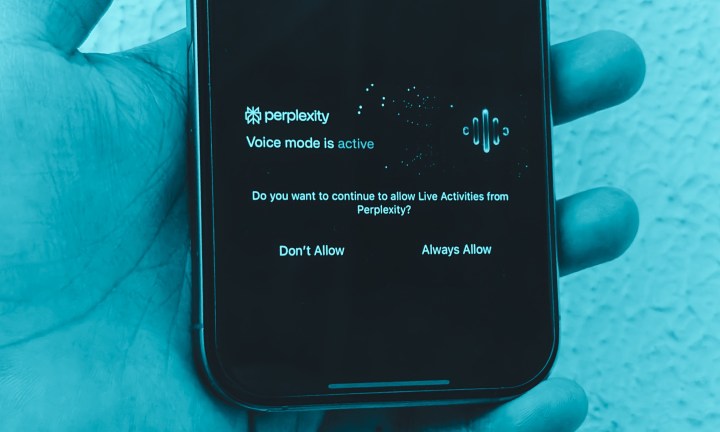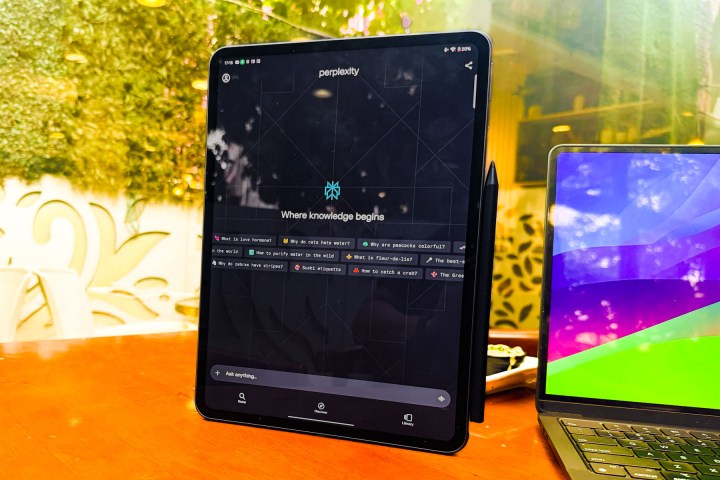Select Language:
Recently, I’ve had the opportunity to explore a new browser focused on AI called Comet, created by Perplexity. Currently, the browser is accessible by invitation only, with priority given to individuals who have a Perplexity subscription. Nevertheless, the company has ambitious plans for a mobile version.
Perplexity is in the process of developing a mobile edition of the Comet browser and is in talks with smartphone manufacturers to have it pre-installed on devices. In a recent interview with The Verge, CEO Aravind Srinivas confirmed that the mobile browser is on its way and will function alongside the Perplexity mobile app.
What’s on the Horizon?
“Some users will prefer to use the standalone Comet app, similar to how they might use Chrome or Safari, and that’s perfectly fine,” said Srinivas during his appearance on the Decoder podcast. He emphasized that users will be able to engage with any webpage through AI and that the browser will support voice interactions.

Srinivas also shared that the app will be available for both Android and iOS platforms, using Google’s Chromium and Apple’s WebKit as its foundation. The desktop version of Comet is based on the Chromium engine, the same technology that powers Chrome and Edge among other browsers.
However, building a web browser is just one piece of the puzzle. Gaining traction against Chrome’s vast user base presents its own unique challenges. To address this, Perplexity aims to pursue partnerships with smartphone manufacturers.
A Strategic Move
The company intends to collaborate with smartphone brands to pre-install the Comet app on their devices. “Convincing mobile manufacturers to switch the default browser from Chrome to Comet is no small feat,” Srinivas told Reuters.

Perplexity has already established a similar agreement with Motorola, enabling the Perplexity mobile app to be pre-installed on their smartphones. Furthermore, the company has implemented custom optimizations that allow users to summon Perplexity via the Moto AI bundle, manage emails, control music playback, and even make restaurant reservations.
Srinivas acknowledged that the path ahead will be challenging. Google has entrenched partnerships with Android manufacturers that mandate the pre-installation and configuration of Chrome as the default browser. Some of these agreements are currently under antitrust scrutiny.
The landscape for web browsers is evolving quickly. Google has begun incorporating AI into its Search feature, offering functionalities similar to what Perplexity’s answering engine does. Additionally, my experiences with the Dia and Opera browsers suggest that AI-driven capabilities are poised to become the next major advancement in browser technology.
Meanwhile, OpenAI, known for developing ChatGPT and being a significant player in the AI field, is reportedly also developing its own web browser. They already offer various products like Operator and ChatGPT agents. Moreover, they maintain a partnership with Apple that deeply integrates ChatGPT with Siri and the broader Apple Intelligence framework.






